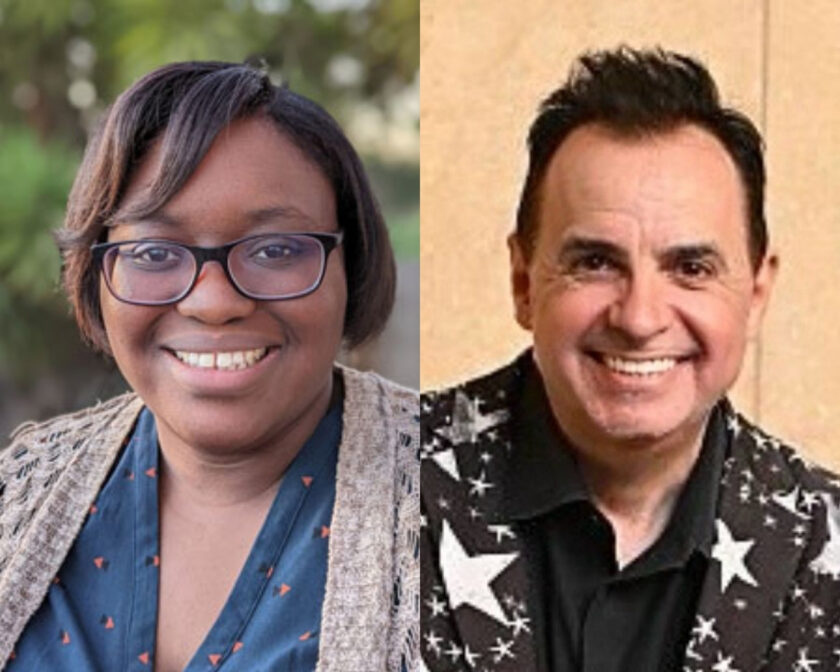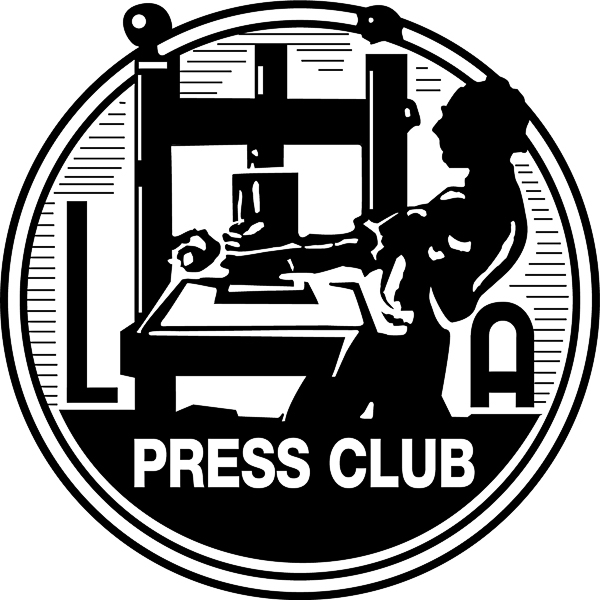Friday, September 17, 2004 8:27 PM
BY JILL STEWART
Diplomats, foreign journalists and immigra- tion officials joined in a lively Press Club debate over restrictions on foreign journalists who arrive in the U.S. to cover news events. The July panel discussion drew dozens of journalists, with interest particularly height- ened due to recent headlines over British reporter Elena Lappin, who was detained at LAX, handcuffed and stuck overnight in an isolation room.
According to panel coordinator and Reason magazine reporter Matt Welch, since early 2003, agents of the Department of Homeland Security at LAX have enforced a controversial interpretation of the Visa Waiver Program, which since the 1980’s has allowed journalists and all citizens from 27 friendly countries to enter the U.S. for up to 90 days without a visa.
The paperwork-free visa waiver is in dra- matic contrast to the I-visa adopted in 1952, and still in use, which allows foreign journal- ists who enter the U.S. under a contract to gather news to stay for up to five years— unlike most other business travelers and for- eign tourists. The five-year rule for journalists is among the most liberal foreign travel poli- cies in the world.
But the catch is that, in order to qualify for the special I-visa, foreign journalists must present qualifying documentation before leaving for the U.S. Foreign journalists here on vacation could be breaking the law if they suddenly need to cover an unexpected major news event—unless they already got their qualifying documents before entering the U.S.
When the federal government created the Visa Waiver exemption in 1986, one panelist said the FBI fought the paperwork-free initiative. But it proved popular with foreign journalists who didn’t want to go through the long I-visa process for every short working visit.
Now, in the post 9/11 era, critics contend, some LAX customs officials are wrongly applying the old 1952 rule, with its paper- work requirements, and are disqualifying jour- nalists from receiving the far simpler waiver to enter the U.S.
The ensuing confusion over which rules apply starkly emerged at the July panel at Press Club headquarters in Hollywood.
Peter Gordon, of U.S. Customs, said nothing has changed since 9/11, and that customs officials have routinely applied a 1996 law passed by Congress that supercedes the 1986 “visa waiver” by tightening the list of people who can enter the U.S. without a visa.
According to Gordon, since 1996, travelers
permitted into the U.S. without a visa must be facing “unforeseen circumstances” such as a death in the family.
“I myself have rejected students and jour- nalists without the right visa,” since 1996, Gordon said. “Unfortunately, sometimes peo- ple don’t get the right information and don’t have the right papers.”
However, Michael Wolff, press attache of the German Consulate in Los Angeles, which helps foreign journalists obtain visa approvals, said he has seen a burst of recent incidents in which foreign journalists were denied entry, yet recalls no crackdowns before last year.
“People are just not aware that they need the visa,” Wolff says of foreign reporters. He said it’s fine with him if the U.S. chooses to enforce newer rules, but a failure to communicate those rules, combined with poor treatment of some reporters “has created a public relations disaster” for the U.S. among angry journalists in Great Britain and Europe.
“A journalist coming here to cover a soccer game was sent back. Journalists see themselves as forced to be illegal, and dress up as tourists, because they can’t get [the I- visa] on short notice.” Short-term tourist visas are far easier to obtain, but journalists who get one cannot admit that they are here on assignment.
“I don’t think we would like to introduce these barriers,” Wolff said.
However, David Stewart, consul general for the U.S. Embassy in Tijuana, said European journalists may be complaining too much, since they can easily educate them- selves on the paperwork required of journalists.
“Every embassy I know goes the extra mile to help get visas for journalists,” Stewart said. “I would say that a journalist—who’s pretty good at getting information—all they need to do is click on a webpage to find out how to get a visa.”
Stewart acknowledged that sometimes foreign journalists are sent here by an employer or publication the very next day to cover breaking news. In those cases, it’s hard to arrange the longer-term I-visa. “You’re right, we get bad press,” in that situation. So embassy employees “do what it takes to expedite that visa,” Stewart said.
Welch, who hosted the panel, summed up the existing situation as “complicated” and noted that the new Department of Homeland Security interpretation now applied to some foreign journalists is possibly illegal.



